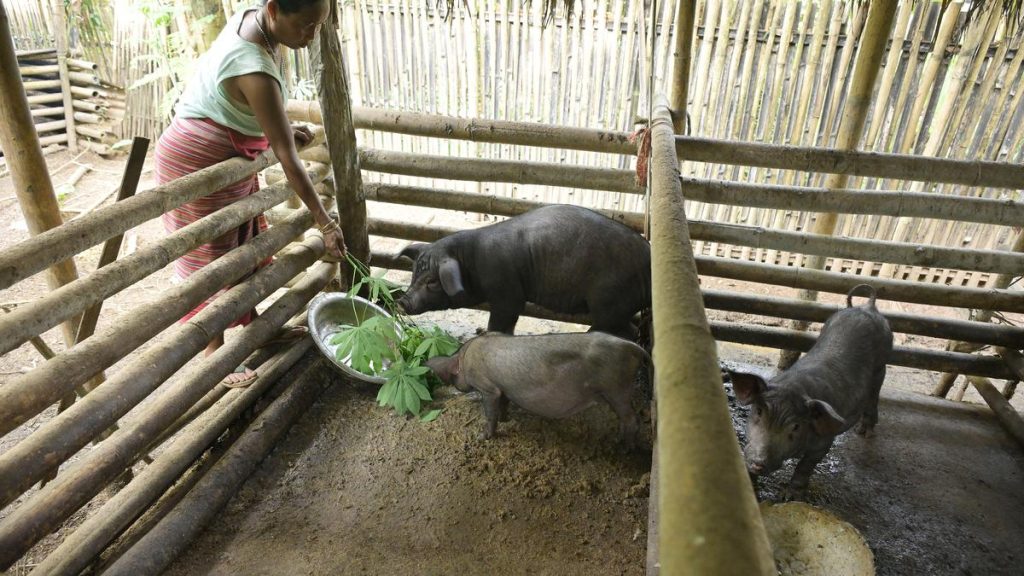Now Reading: New Book Calls for Rethink on Declining Birth Rates
1
-
01
New Book Calls for Rethink on Declining Birth Rates
New Book Calls for Rethink on Declining Birth Rates

Speedy Summary:
- The global annual birthrate peaked at 146 million in 2012 and has been declining; the world’s population is expected to peak around the 2080s and then decline rapidly.
- By the next three centuries, fewer than 2 billion people may remain on Earth, according to economists Dean Spears and Michael geruso.
- Their book After the Spike: The risks of global depopulation and the case for people argues that exponential global population decline is certain unless drastic measures are taken.
- Contrary to popular belief, a declining population will not automatically solve environmental issues like climate change as these challenges hinge more on decarbonization efforts than sheer population size.
- Benefits of larger populations include increased innovation and economies of scale for manufacturing goods like smartphones.
- Attempts by countries (China’s one-child policy, Romania’s anti-abortion law, Sweden’s subsidized childcare) have failed to considerably alter long-term fertility trends. Economic prosperity often leads to fewer children due to added career and leisure opportunities outweighing family growth priorities.
- Despite challenges in stabilizing population trends globally, projections are optimistic about continued improvements in human longevity and health.
Image context: A large crowd symbolizes how larger populations contribute positively through innovation and economies of scale.
Stay Informed With the Latest & Most Important News
Previous Post
Next Post
Loading Next Post...
























